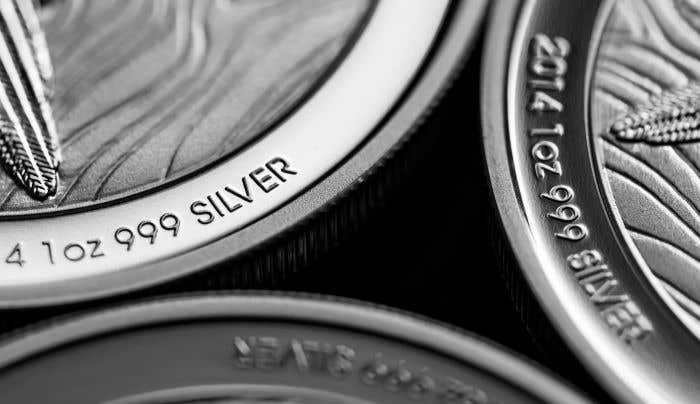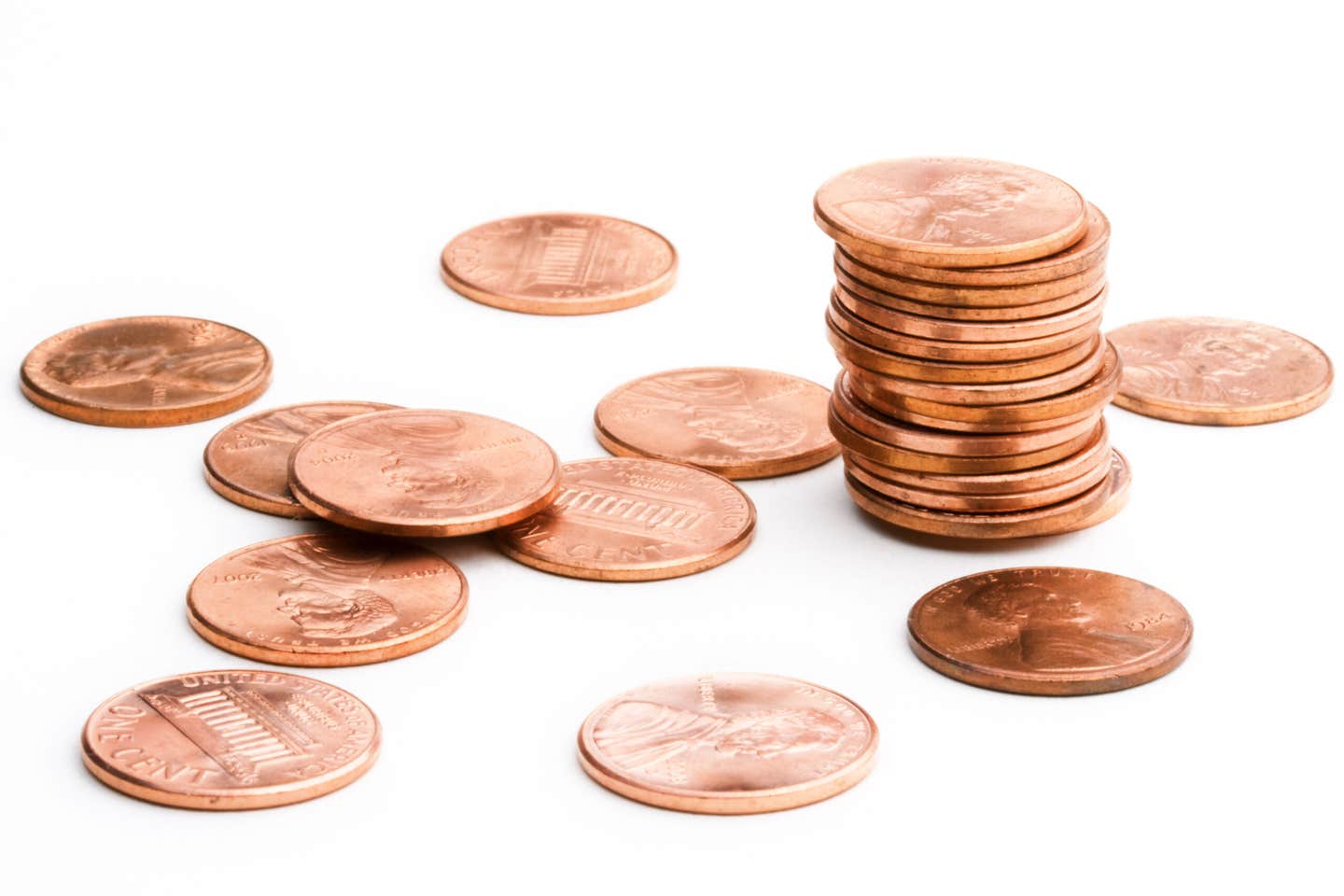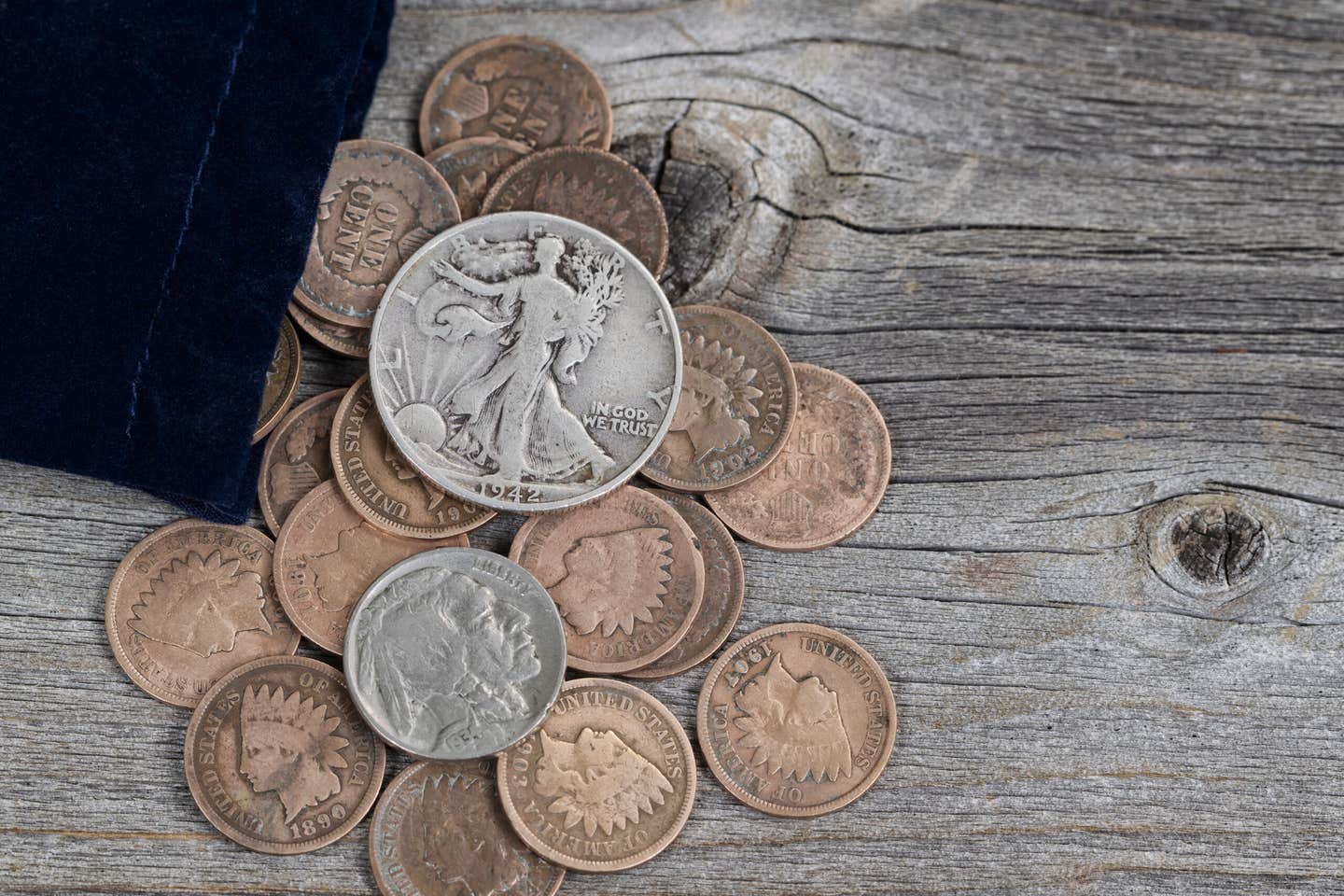Finding Stability in Crypto
Is America on the cusp of a government-backed cryptocurrency?
Welcome to the wild world of cryptocurrencies. Unlike coins and bank notes, digital currencies exist electronically, not under the control of some central authority, such as a central bank or a government.
What attracts so many people to these pseudo-currencies is privacy and tax concerns. Criminals also appreciate the secrecy these currencies employ, especially since central banks have withdrawn many high-denomination bank notes in recent years, which could otherwise be a convenient way to store ill-gotten gains.
Are coins and bank notes on their way out? According to Senator Mark Warner (D., Va.), “I think crypto is here to stay and I’d rather have it be American led.” This almost reminds you of the famous Ronald Reagan warning, “I’m from the government, and I’m here to help.”
Cryptocurrencies are fiat money. Like our current coins and bank notes, cryptocurrency has no tangible backing. The only difference is it also has no central bank or government behind it. This may be changing. The Genius Act, currently in Congress, would allow the government to supervise Stablecoins, a type of cryptocurrency with a value pegged to some asset. The bill requires Stablecoin issuers to hold reserves, including cash or Treasury bills, equal to the value of each Stablecoin. Some Stablecoins would be required to publish audited financial statements. Does this begin to sound more like our coins and bank notes than some privately issued fiat money?
Coins and bank notes may soon have a new bedfellow, but since that “money” could be required to be backed by cash or Treasury bills, it doesn’t appear to be as private as cryptocurrencies were originally meant to be. Perhaps cash is still king?
You may also like:









